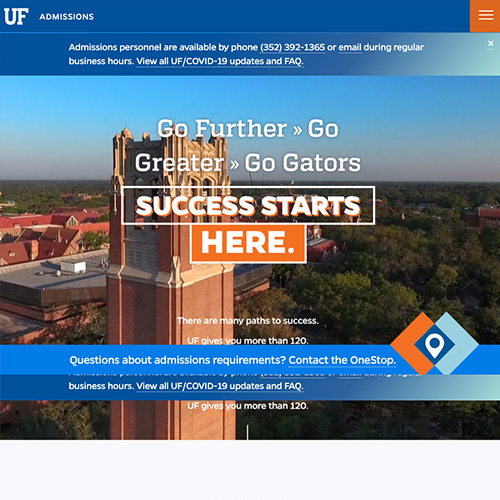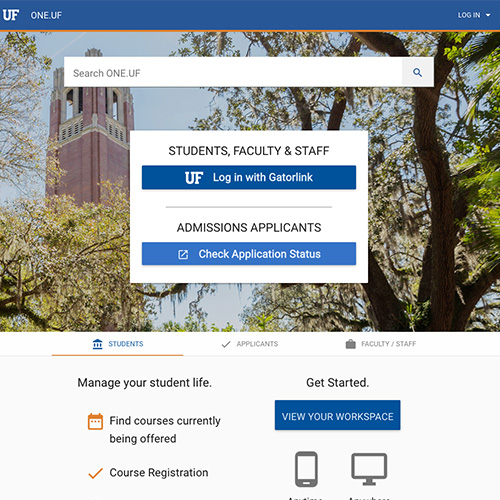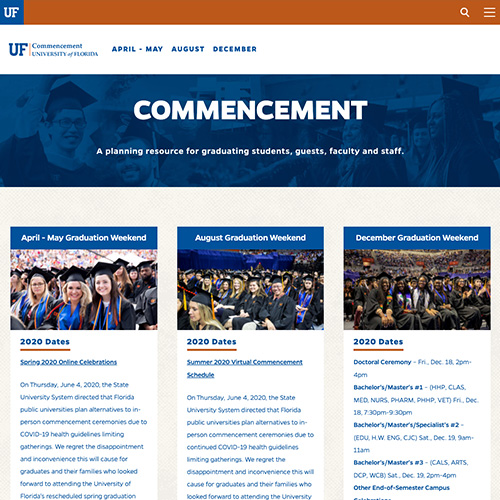FEAP 5b.- Examines and uses data-informed research to improve instruction and student achievement
Printable Version (.pdf)
|
UNSATISFACTORY |
DEVELOPING |
ACCOMPLISHED |
EXCEPTIONAL |
| The teacher never takes continuing education courses, even though the credits would increase his salary. (D)
The teacher attends school and district workshops and professional development activities but fails to engage in the new learnings. The teacher is not willing to change their standard way of instruction. Data is examined, but no changes are made to increase student achievement. |
The teacher politely attends district workshops and professional development days but doesn’t make much use of the materials received. (D)
The teacher joins the local chapter of the American Library Association because she feels she might benefit from the free book— but otherwise doesn’t feel it’s worth much of her time. (D) After reading the research that says simply teaching students that added effort will pay off in terms of achievement, the teacher sat with Suzy to compare her draft with her final copy and said, “See how that extra effort made such a big difference.” (M) The teacher has all students note their progress on their weekly fluency timing graph with a +5, etc. (M) |
The teacher eagerly attends the school district optional summer workshops, finding them to be a wealth of instructional strategies he can use during the school year. (D)
The teacher enjoys her principal’s weekly walk-through visits because they always lead to a valuable in-formal discussion during lunch the next day. (D) The teacher joins a science education partnership and finds that it provides him access to resources for his classroom that truly benefit his students’ conceptual understanding. (D) The teacher attends local conferences whenever possible. The teacher watches free “SimpleK12” webinars regularly. After reading about the effect of non-linguistical representation, the second grade teacher had students draw their mental image of what “Abiyoyo” might look like after she reads them the book. (M) After reading an article about the importance of immediate feedback, the teacher reviews homework daily and uses a point system to evaluate it. (M) After learning that research indicates that student achievement will increase by 12 percentile points when students are taught 10-12 words a week, the teacher makes it a point to introduce at least 10-12 vocabulary words a week through text talks. (M) |
The teacher’s principal rarely spends time observing in her classroom. Therefore, she has initiated an action research project in order to improve her own instruction. (D)
The teacher talked her teammate into an action research project so they can support one another’s instructional goals. The teacher attends local conferences whenever possible and shares the content of the sessions she attended with her peers. The teacher had the students study their graphed Mad Minutes to note how much more they improved once they starting timing themselves daily instead of three days a week. (M) After reading an article about the importance of immediate feedback, the teacher reviewed homework daily and gave the students meaningful feedback. (M) After reading about the effect of non-linguistical representation, the teacher had her second graders record mental images in their reading notebooks as they read during independent reading time. (M) After reading the research that says simply teaching students that added effort will pay off in terms of achievement, the teacher sat with Suzy to compare her draft with her final copy and said, “See how that extra effort made such a big difference.” (M)
|
Where noted, examples based on:
“(D)” – Danielson C. (1996). Enhancing professional practice: A framework for teaching.
Alexandria, Va: Association for Supervision and Curriculum Development.
“(M)” – Marzano, R. J. (2007). The art and science of teaching: A comprehensive
framework for effective instruction. Alexandria, Va: Association for Supervision and Curriculum Development.
Resources:
Shares a variety of research-based teaching strategies
http://agpa.uakron.edu/p16/btp.php?id=inquiry-approaches
Kagan in Algebra classes
Kagan- Research and Rationale
http://www.kaganonline.com/free_articles/research_and_rationale/
http://www2.ed.gov/rschstat/eval/data-to-inform-instruction/report.pdf
http://www.trb.tas.gov.au/Shared%20Documents/Using%20data%20to%20inform%20teaching.pdf




